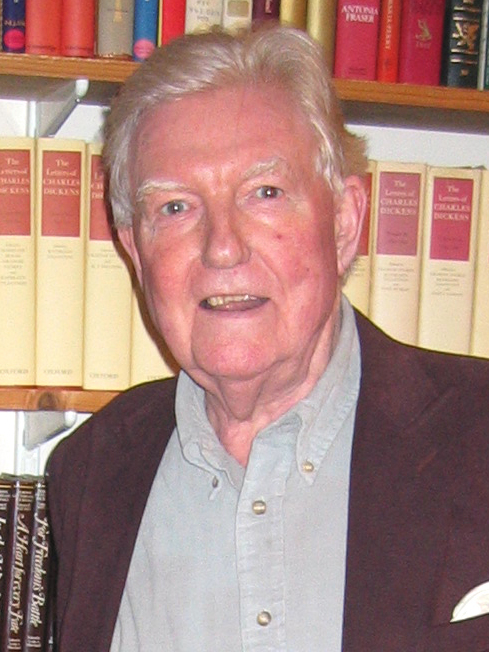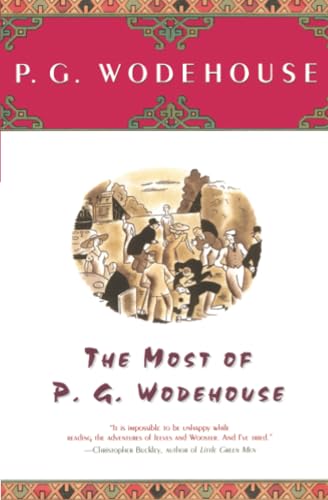
Roper’s memory had cinematic qualities. He could call up the past and watch it like a TV show. If that wasn’t astonishing enough, he had also revealed another factor. His recall mirrored the technology of the moment. This meant his early memories appeared as if on a VHS tape, while the more recent ones were in digital format. Hooley had once speculated that had Roper been born a hundred years earlier his memories would have been on a flickering black-and-white film reel.
A standard scene in a detective mystery – if it’s not a plain police procedural (a very good thing of another kind) – calls for the master sleuth to stand in a room surrounded by lesser men, as he sees things they don’t see and makes mental connections they can’t make. They often think he’s crazy, until he explains his deductions. From Sherlock Holmes to Hercule Poirot to Monk, this has been a set piece.
So it wasn’t much of a jump, once we became aware of the existence of autistic savants, to come up with an autistic detective. I’ve encountered several examples. Jonathan Roper, hero of Michael Leese’s The Case of the Headless Billionaire, is one of them, and it’s not a bad effort.
When a billionaire philanthropist disappears, Chief Inspector Brian Hooley is assigned to the case. The man vanished into a London crowd in broad daylight, and the police are baffled. Considering the difficulty of the case, Insp. Hooley asks to get Jonathan Roper assigned to assist. Roper is on suspension, having nearly ruined an earlier investigation through his artless honesty. Roper is on the autistic spectrum, and other detectives find him hard to work with. But Hooley has always gotten along with him, managing to adjust to his eccentricities. He treats him as a sort of substitute son.
Roper is the right man for the job. In his time off, he’s been working on his social skills, and he’s learning to ask for explanations of “normal” behavior. He’s also constructing a new way of organizing his own memories, making his deductions more efficient.
Their investigations will lead to corruption in the medical research field, and to human smugglers (human smugglers sure show up in a lot of stories these days. I wish the authorities paid as much attention to them as authors do). The detectives’ lives, as well as those of many innocents, will hang on the efficiency of Jonathan Roper’s remarkable brain.
I liked The Case of the Headless Billionaire. The writing wasn’t bad, and the characters were okay. I won’t say this was a masterful book, but it did the job it set out to do, and I was interested in Hooley and Roper. The issue of fetal stem cell research played a part in the story, but it was framed in a way that sidestepped the controversial issue of whether it’s morally acceptable in the first place.
Worth reading.
[Note: I discover, on searching our files, that I reviewed this book once before under its previous title, Going Underground. I’m surprised I didn’t recognize it, and can only attribute this to old age. But I liked it better this time around.]








